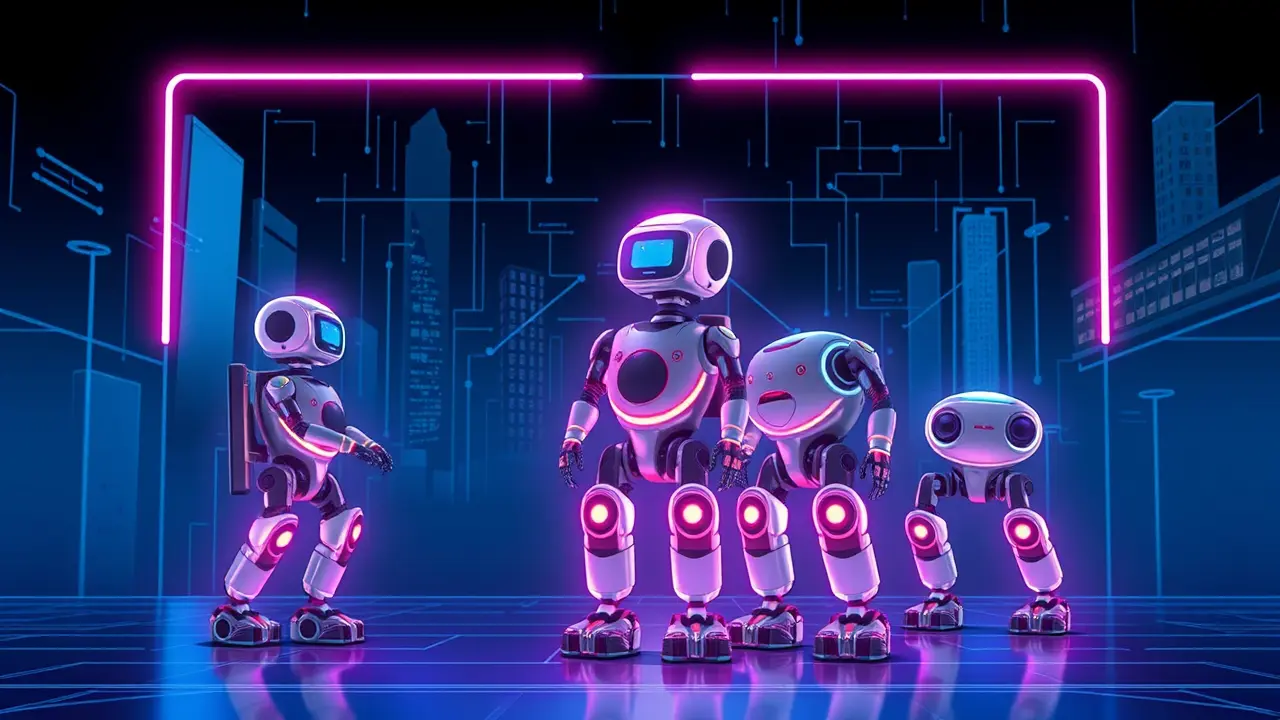Hong Kong Electronics Fairs Showcase AI and Robotics Future
The transition from speculative research to tangible, commercially viable technology is rarely a linear process, but walking the floors of the HKTDC Hong Kong Electronics Fair (Autumn Edition) and electronicAsia 2025, held from October 13-16 at the Hong Kong Convention and Exhibition Centre, one gets the distinct impression that a critical threshold has been crossed. The pervasive presence of AI-controlled robots, no longer confined to sterile laboratory demonstrations or futuristic concept videos, signals a maturation of the underlying architectures—particularly the large language models and multimodal learning systems that now empower these machines with a semblance of contextual understanding and adaptive behavior.This isn't merely an incremental upgrade; it's a paradigm shift akin to the leap from mainframe computers to personal desktops, moving AI from a centralized processing resource to a distributed, embodied intelligence integrated into the fabric of daily commerce and life. The exhibits showcased systems that don't just execute pre-programmed tasks but learn from their environments, sensing subtle variations on an assembly line or navigating dynamic, unstructured public spaces with a fluidity that was pure science fiction just a few years ago.The core innovation lies in the fusion of transformer-based models with real-time sensor data, allowing robots to parse complex human instructions, anticipate physical obstacles, and even collaborate with each other in swarms, a development that draws direct parallels to the open-source collaboration that accelerated progress in software-based AI. However, this rapid hardware integration raises profound questions that the industry is only beginning to grapple with, from the immense computational demands and energy consumption of these always-learning systems to the ethical frameworks for their decision-making in critical applications.The shadow of Asimov's Three Laws looms large, yet current governance models are struggling to keep pace with the technology's evolution. Conversations with lead engineers revealed a cautious optimism, acknowledging that while we are still far from artificial general intelligence, the specialized, 'narrow' AI demonstrated in Hong Kong possesses a robustness and economic viability that will inevitably reshape global supply chains, logistics, and service industries within the next fiscal cycle. The true significance of this year's fair may not be any single product, but the collective demonstration that the scaffolding for a deeply automated future is no longer under construction—it is already being deployed.
It’s quiet here...Start the conversation by leaving the first comment.
© 2025 Outpoll Service LTD. All rights reserved.
